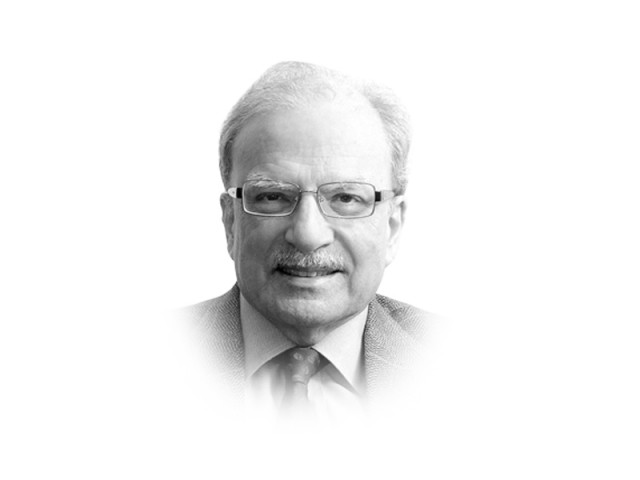Changing the landscape
It is in education that the Pakistani women have made the most spectacular advance in the country.

That additional finance alone won’t solve the problem was vividly illustrated by the embarrassment caused to the World Bank by the spectacular failure of its large social action programme, or SAP, in Pakistan. This multi-donor, multibillion dollar program was aimed at giving a major lift to the educational sector in the country by increasing the rate of enrollment for both boys and girls, by building new schools in the rural areas so that children didn’t have to walk long distances to attend classes, to provide better trained teachers, and to improve the quality of instruction by using better textbooks. The program’s intentions were good but the reason for its almost total failure was its implementation.
In the initial stages, the programme concentrated on the province of Punjab. The education department in Lahore, the provincial capital, had a poor reputation. It was under the influence of the political forces that put pressure on its officials to employ their friends and relatives or to move those who were already working in the system to more desirable places. To use a jargon of the time, the provincial education department was focusing on “postings and transfers” of teachers as its principal function. An enormous growth in the availability of funds in the system because of the resources provided by the SAP led to a sharp rise in the level of departmental corruption which was already high. The program because of these design failures was eventually abandoned by the Bank and other members of the donor community.
However, failed efforts such as these created an opportunity for women with good education, with access to family funds, and with children of their own to step in and establish institutions which they would manage themselves. Their own children and the children of their friends and relatives were their first batch of students. Mona Kasuri from a well established political and business family was one of the pioneers in this area in Pakistan and her performance is an excellent example of the marriage of entrepreneurship to the availability of opportunity.
Some of the more impressive school systems in Pakistan started modestly with the founding-mother creating a facility over which she could watch as her own children were being taught. Some of these ventures were begun in the homes of the budding education-entrepreneurs. These modest institutions grew from the pre-school and kindergarten stage to the primary stage and to the high school stage. In one case — in the case of the school started by Mrs Kasuri — its development took it to the university stage. The Beaconhouse school system is said to be one of the world’s largest: having received an infusion of a significant amount of foreign capital provided by a private equity fund it has gone beyond Pakistan’s borders and established — in some cases acquired — school systems in Africa, the Far East and Britain. The owners of this for-profit educational system have ploughed back some of their accumulated earnings by giving a large donation for the establishment of a liberal arts university called Beaconhouse National University. BNU, specialising in liberal arts, has concentrated on the subjects that attracted women and for which there were growing markets. It is providing instruction in communications, IT, visual arts, architecture and economics.
This one example provides a good illustration of how women’s advanced education and acquisition of modern skills have begun to change the social and political landscape. Well qualified women with right kinds of skills have decided not to stay at home and build and care for their families. They are increasingly becoming professionals and occupying high level positions. Some economists maintain that supply creates its own demand and that has indeed happened in the case of Pakistan with some significant changes in public policy. For several decades after independence, Pakistan did not admit women into what were called the “superior services”. These included the Civil Service of Pakistan and the Pakistan Foreign Service. That ban on the recruitment of women was lifted a couple of decades ago and now women have advanced to the senior most echelons in both services. According to a paper written recently by a female diplomat, there are now more than a dozen women serving as ambassadors around the globe.
It is, therefore, fair to conclude that even in a country which is presently in a severe depressed condition, women’s educational and work performance may offer one hope for a better future. By relegating women for so long to the back benches, Pakistan was operating its economy with one hand tied to back. That hand has now been loosened and may contribute to the country’s revival.
Published in The Express Tribune, July 9th, 2012.















COMMENTS
Comments are moderated and generally will be posted if they are on-topic and not abusive.
For more information, please see our Comments FAQ